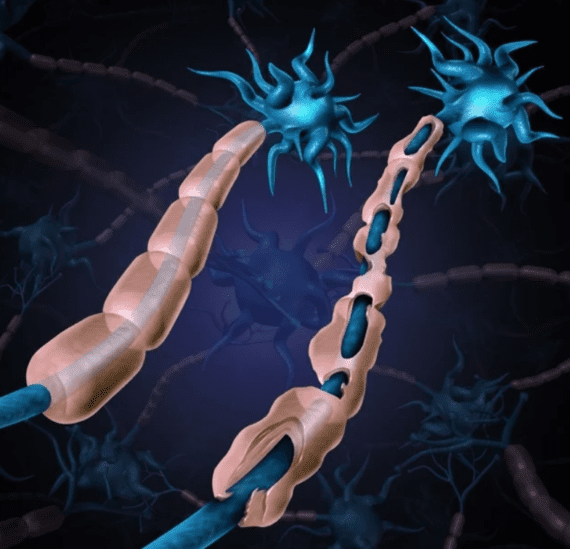Home » Foundation News » GMAB Statement regarding recent GBS outbreak in Tlazcala Mexico
GMAB Statement regarding recent GBS outbreak in Tlazcala Mexico

GBS is a rare immune disorder that damages peripheral nerves (that is, nerves outside of the brain and spinal cord). In most people GBS is triggered by exposure to an infectious illness, and the most frequently encountered infectious illness is a gastrointestinal infection known as Campylobacter jejuni. Campylobacter jejuni is commonly transmitted through food, particularly undercooked poultry and other meats. Although GBS is very rare (it affects about 1 person per 100,000 inhabitants per year), when the triggers for GBS in a community increase then the occurrence of GBS can also increase. We are closely watching one community in Tlazcala Mexico in which a spike in GBS has occurred. Of 11 confirmed cases with GBS, 8 have had confirmed exposure to Campylobacter.
We encourage local authorities to continue investigations for the sources of increased campylobacter in Tlazcala. We also encourage those living in or near Tlazcala to be especially careful to avoid potential infectious exposure. To minimize the risk of contracting Campylobacter, it is advised to follow certain precautions. These include:
Take extra care to cook food thoroughly, ensuring it reaches a safe temperature. Avoid consuming meat that has not been adequately refrigerated.
Ensure that the water you consume is from a safe source. If unsure, it is recommended to drink boiled or bottled water.
Before consuming raw fruits and vegetables ensure they are thoroughly washed.
Wash your hands frequently and properly, especially after handling raw meat.
If you experience numbness or weakness in your arms or legs, or develop difficulty with walking we encourage you to bring those symptoms to the attention of your doctor, especially if those symptoms followed a gastrointestinal illness (abdominal pain or diarrhea) by 1 to 6 weeks. If you have developed GBS we encourage you to work with your local health care team to manage the condition. The GBS Global Medical Advisory Board is available to answer questions from you or your doctor. We are committed to providing you with accurate and reliable information about your condition, and to support you and your doctors through these difficult times.
Jeffrey Allen MD
Department of Neurology
Section of Neuromuscular Medicine
University of Minnesota
